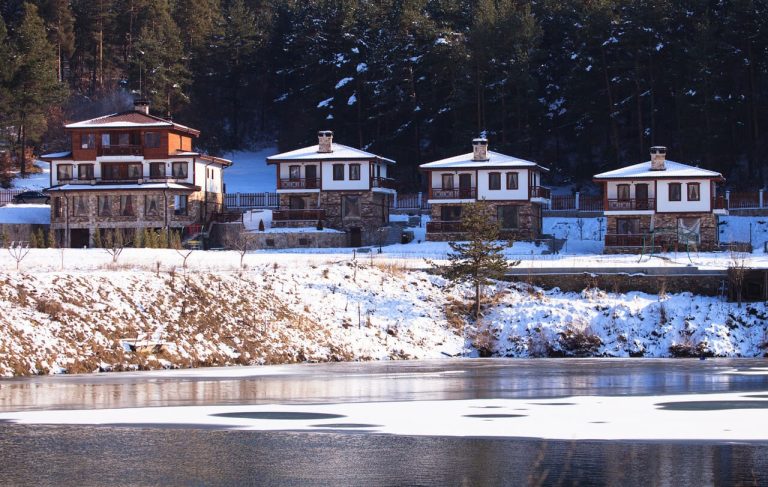11 Future-Forward Cities Leading Eco-Friendly Travel This Year

Sustainable travel has evolved from a trend into a movement shaping how cities welcome visitors. Around the world, forward thinking destinations are prioritizing clean energy, public transportation, and local culture to reduce environmental impact. Whether through urban gardens, car-free zones, or renewable tourism infrastructure, these cities prove that exploring responsibly can still be exciting. Visiting them means experiencing innovation, sustainability, and beauty working together in real time.
Copenhagen, Denmark
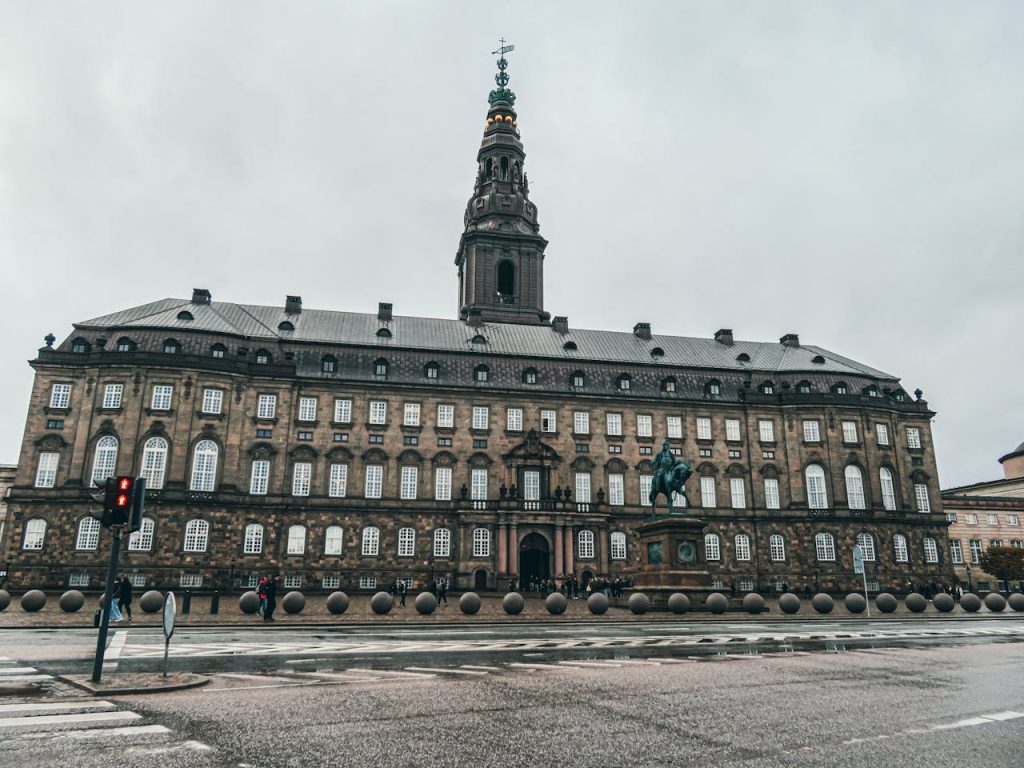
Copenhagen continues to lead global sustainability efforts through its cycling culture, clean harbors, and green energy systems. Over half of its residents commute by bike daily, and visitors can do the same using citywide rental programs. The capital’s hotels and restaurants follow strict eco standards, while projects like the CopenHill ski slope on a power plant rooftop showcase how creativity and sustainability can coexist seamlessly.
Vancouver, Canada

Vancouver has made bold strides toward becoming the world’s greenest city, focusing on renewable energy, efficient waste management, and walkable neighborhoods. Surrounded by mountains and sea, it embraces both nature and urban innovation. The city’s green building standards set global examples, and its extensive public transit makes exploring without a car easy. Visitors experience eco-luxury through sustainable dining, parks, and scenic waterfront paths.
Singapore
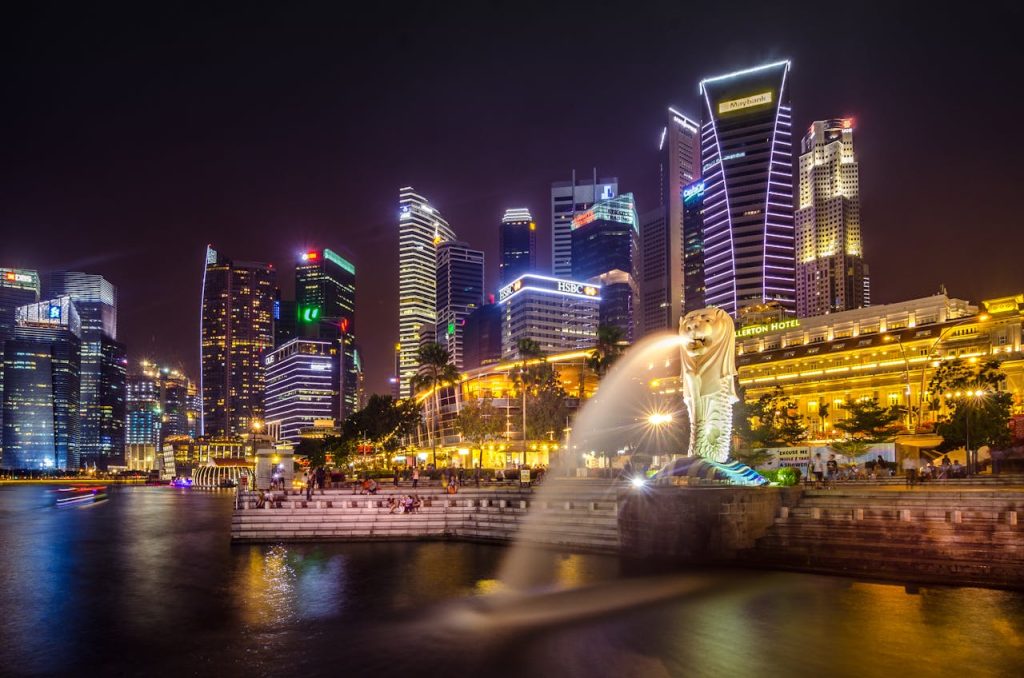
Singapore blends futuristic design with environmental mindfulness through smart planning and lush greenery woven into its skyline. Gardens by the Bay, rooftop farms, and vertical forests highlight its dedication to sustainability. The city state’s advanced recycling systems and electric transport initiatives demonstrate how dense urban environments can still maintain balance with nature, offering travelers a glimpse of sustainable living done right.
Zurich, Switzerland

Zurich combines modern efficiency with natural preservation, making eco-travel both effortless and scenic. Its public transport network runs on clean electricity, and local businesses emphasize reducing waste. The city’s commitment to renewable energy powers nearly half of its buildings, while lakes and parks remain pristine. Zurich’s blend of sustainability, precision, and alpine charm offers travelers a refreshing take on responsible exploration.
Reykjavik, Iceland

Reykjavik stands out as one of the cleanest cities in the world, thanks to its reliance on geothermal and hydroelectric energy. Nearly all homes and businesses run on renewable power, and electric buses dominate public transit. Travelers can enjoy natural attractions while supporting eco conscious local initiatives. The city’s sustainable energy model has made it a blueprint for future global urban development.
Amsterdam, Netherlands
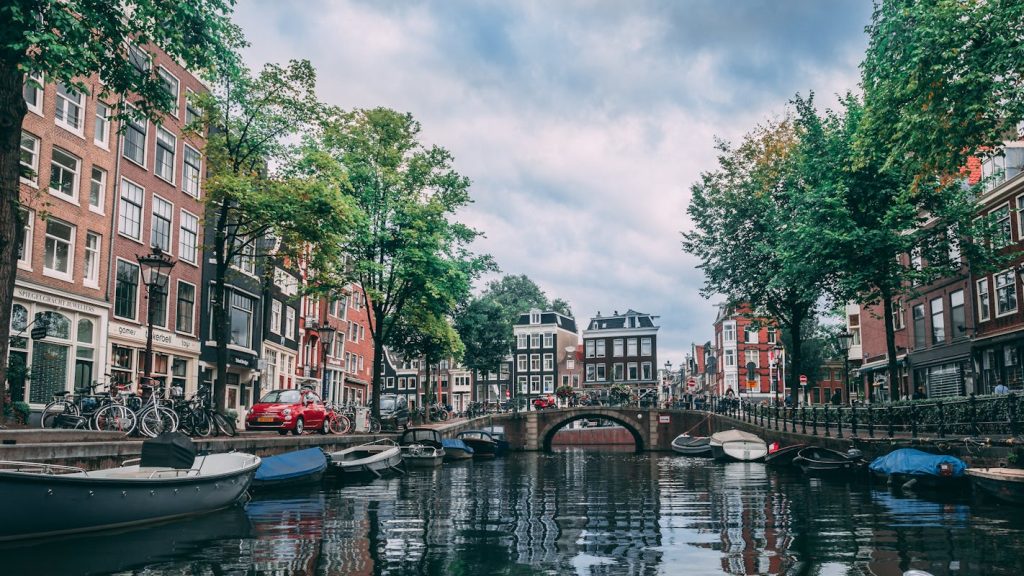
Amsterdam’s network of canals and cycling lanes reflects a deep rooted commitment to sustainability. The city actively reduces car usage, promotes electric boats, and supports eco certified accommodations. Its Green Deal program encourages businesses to operate responsibly, while solar energy adoption grows rapidly. Visitors can explore neighborhoods like De Ceuvel, built entirely on repurposed land, symbolizing the city’s creative approach to green innovation.
Oslo, Norway

Oslo leads Europe in electric vehicle adoption, with more than half of its new cars running on renewable power. The city’s focus on reducing carbon emissions extends to waste to energy plants that generate clean electricity. Surrounded by forests and fjords, Oslo’s eco conscious design invites visitors to explore nature easily. Its commitment to sustainability has earned it recognition as one of the world’s greenest capitals.
Portland, Oregon

Portland has long been a model of urban sustainability in the United States. With a strong culture of recycling, green markets, and locally sourced cuisine, the city emphasizes community driven environmental action. Its extensive bike lanes and light rail systems make car free travel practical. Visitors appreciate its blend of eco friendly innovation and outdoor spirit, from rooftop gardens to nearby wilderness trails.
Helsinki, Finland
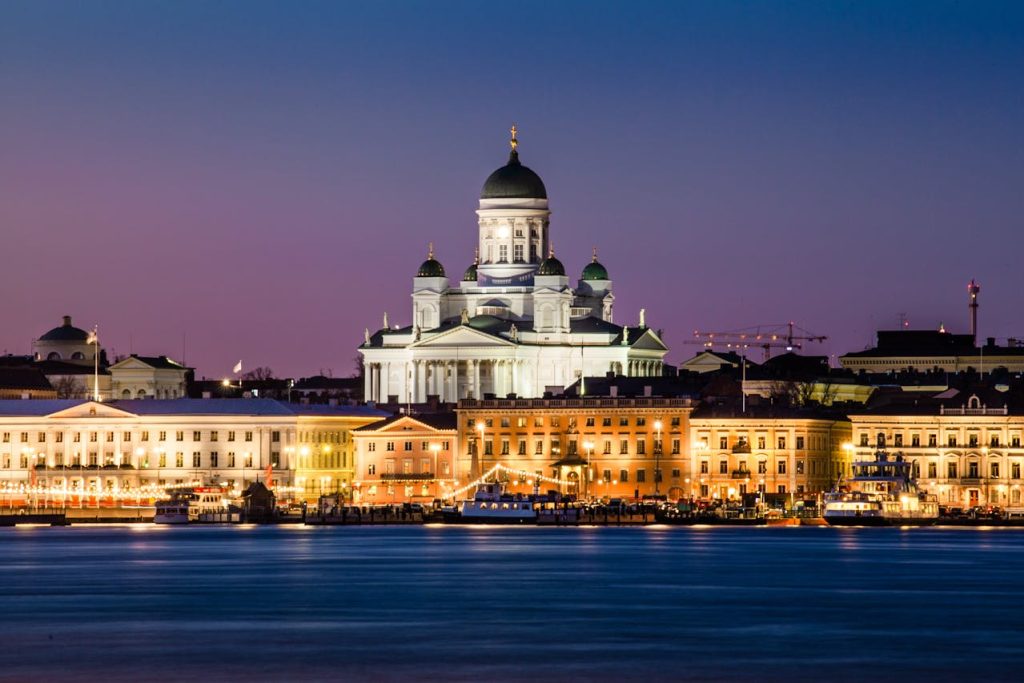
Helsinki combines technology and sustainability to create a model smart city. Its carbon-neutral goal by 2030 drives renewable energy investments, while initiatives like the “Helsinki Think Company” foster green entrepreneurship. The compact layout promotes walking and cycling, and waste heat recovery systems power entire districts. For travelers, Helsinki offers a seamless experience where sustainability and design merge naturally.
Melbourne, Australia

Melbourne’s dedication to sustainable living shows in its renewable energy projects, green architecture, and thriving local food scene. The city has expanded electric trams, promoted zero waste events, and encouraged eco friendly tourism businesses. Urban greenery softens the skyline, while community gardens foster environmental awareness. Melbourne’s focus on clean innovation keeps it at the forefront of eco conscious travel in the Southern Hemisphere.
Kyoto, Japan

Kyoto blends ancient tradition with modern environmental awareness. Its preservation of cultural heritage aligns with sustainable tourism practices, emphasizing low impact travel and local craftsmanship. The city’s initiatives to reduce plastic waste and promote renewable energy reflect its mindful ethos. Visitors experience not just historic temples and gardens, but also a community deeply committed to protecting its environment for generations to come.




